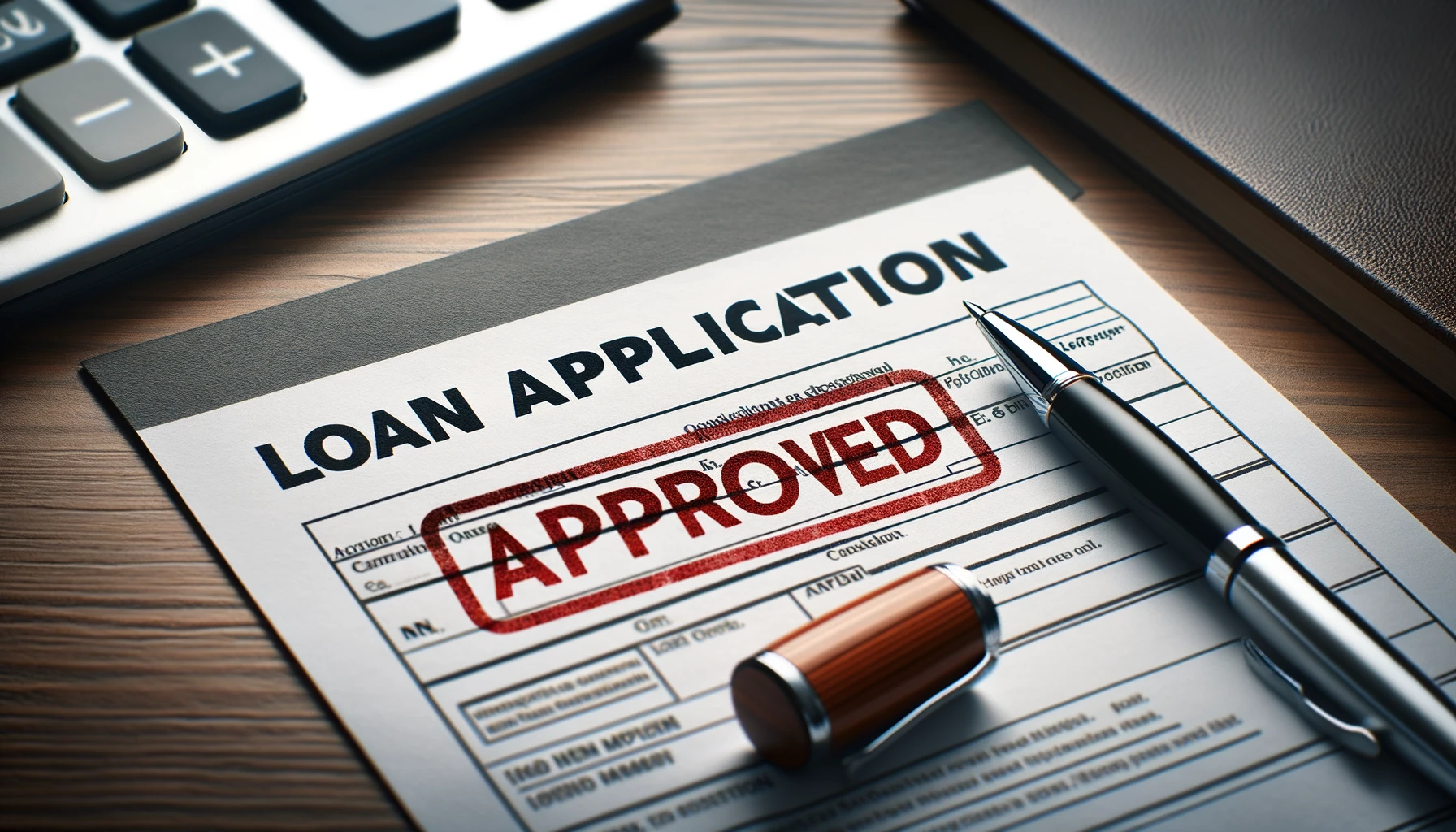Key takeaways
- Five key mortgage types include fixed-rate, adjustable-rate, conventional, jumbo, and government-backed loans.
- Additional mortgage varieties encompass renovation loans, construction mortgages, portfolio loans, and non-qualifying mortgages.
- Selecting the ideal mortgage hinges on your credit score, financial health, and home residency intentions.
Types of home loans
- Conventional Loans: Best for borrowers with good credit score
- Government-backed loan: Ideal for those with lower credit scores and limited funds for a down payment
- Fixed-rate mortgage: Suited for individuals seeking stable, consistent monthly payments throughout the loan’s term.
- Adjustable-rate mortgage: Optimal for those not intending to remain in their home long-term, desiring lower initial payments, and open to potential future cost increases.
- Jumbo loan: Ideal for individuals with superior credit aiming to purchase a higher-priced property.
In the quest for homeownership, securing the right mortgage loan is a pivotal step that varies significantly from one homebuyer to the next. With a spectrum of mortgage options available, each catering to different financial situations, credit scores, and housing plans, understanding the nuances of each can significantly impact your decision-making process. This extensive guide delves into the primary mortgage types, offering insights to help you navigate this complex terrain.

1. CONVENTIONAL LOAN
Conventional mortgages, widely favored among loan types, are available in two varieties: conforming and non-conforming. This distinction is explained as follows:
- Conforming loans: match the rules set by the FHFA, which look at your credit, how much you owe, and how big the loan is. In 2024, the basic limit for these loans is $766,550, but in places where living costs more, it can be up to $1,149,825. This means if you’re buying a house in most places, your loan can’t be more than $766,550 to be considered conforming. But, if you’re in a pricier area, you could potentially get a loan up to $1,149,825.
- Non-conforming: loans, like jumbo loans, are bigger than these limits. Since they don’t follow FHFA rules, Fannie Mae and Freddie Mac won’t buy them, which usually means you need a better credit score and a bigger down payment to get one. These rules help make sure there are loans available for different priced homes and help people figure out what kind of loan they might get.
Pros of conventional loans
- Available from the majority of lenders
- Can be used to finance primary residences, second or vacation homes and investment or rental properties
- Can put down as little as 3% for a conforming, fixed-rate loan
Cons of conventional loans
- Need a credit score of at least 620 to qualify
- Lower debt-to-income (DTI) ratio threshold compared to other types of mortgages
- Need to pay private mortgage insurance (PMI) premiums if putting less than 20 percent down
Who are conventional loans best for?
If you have a good credit score and can make a large down payment, consider a conventional mortgage. The 30-year fixed-rate is especially popular, offering stability. Always compare rates to find the best deal.
2. GOVERNMENT-BACKED LOAN
The U.S. government supports homeownership by backing three key mortgage types, even though it doesn’t lend directly. This helps more Americans buy homes, especially those who might not qualify for standard loans. These government-backed options are designed to make it easier for a variety of buyers to own a home.
- FHA loans offer a path to homeownership for those with lower credit scores or smaller down payments. With a minimum credit score of 580, borrowers can secure a loan with just a 3.5% down payment, while those with scores between 500 and 579 may need a 10% down payment. These loans are appealing due to their relatively easy qualification criteria and the possibility of securing lower interest rates, but they do require borrowers to pay mortgage insurance premiums. This insurance is a safeguard for the lender against defaults but adds to the overall cost of the loan for the borrower.
- VA and USDA loans provide specialized options for veterans and rural homebuyers, respectively. VA loans, aimed at service members, veterans, and their families, offer the advantage of no down payment or mortgage insurance requirements, though a funding fee is charged. USDA loans target those in rural areas, promoting homeownership without a down payment or minimum credit score, but include a guarantee fee. Both types of loans are designed to make purchasing a home more accessible for specific groups of buyers, offering benefits tailored to their needs.
- For 2024, FHA loan limits vary by county, reflecting local housing market prices. The maximum loan amount in low-cost areas is $498,257, while in high-cost areas, it can reach up to $1,149,825. This variation ensures FHA loans can accommodate a wide range of housing needs across the country, including in regions with higher living costs. These limits, along with the specific features of FHA loans, aim to extend homeownership opportunities to a broader segment of the population, making it crucial for potential borrowers to understand the options and limitations of each type of government-backed loan
Pros of government loans
- Much more flexible credit and down payment guidelines
- Help borrowers who woulden’t otherwise qualify
Cons of government loans
- Additional cost for FHA mortgage insurance, VA funding fee and USDA guarantee fees
- Limited to borrowers buying a home priced within FHA loan limits or in a rural area, or servicemembers
Who are government-backed loans best for?
Government-backed loans like FHA, VA, and USDA are excellent for those who might not qualify for conventional mortgages due to credit challenges or lack of a down payment. FHA loans work well for individuals with lower credit scores or small down payments. VA loans serve veterans and active military members, offering benefits like no down payment or mortgage insurance requirements. USDA loans are best for buyers in rural areas, promoting homeownership with no down payment and catering to moderate- to low-income individuals. These loans provide diverse groups with more accessible paths to homeownership, each with unique benefits tailored to specific needs.
3. FIXED-RATE MORTGAGE
For those seeking stability in their financial planning, fixed-rate mortgages offer a consistent interest rate and monthly payment over the loan’s life. This predictability facilitates easier budgeting, free from the worries of fluctuating interest rates affecting your repayment schedule. Available typically in 15 or 30-year terms, these loans are a solid choice for individuals planning long-term residency in their new home.
Pros of fixed-rate mortgages
- Much more flexible credit and down payment guidelines
- Help borrowers who woulden’t otherwise qualify
Cons of fixed-rate mortgages
- Additional cost for FHA mortgage insurance, VA funding fee and USDA guarantee fees
- Limited to borrowers buying a home priced within FHA loan limits or in a rural area, or servicemembers
Who are fixed-rate mortgages best for?
For those intending to make their new house a long-term home and valuing predictable monthly expenses without fluctuations, opting for a fixed-rate mortgage could be the most suitable choice. This mortgage type secures your interest rate for the duration of the loan, ensuring your principal and interest payments remain constant, aside from potential changes in property taxes or homeowners insurance.
4. ADJUSTABLE-RATE MORTGAGE (ARM)
Adjustable-rate mortgages start with a lower interest rate, providing an attractive short-term payment plan that adjusts over time. This option is best suited for those not intending to remain in their homes for the long haul, offering initial savings that could potentially increase as rates change. ARMs demand a level of comfort with financial unpredictability, as future rate adjustments could elevate monthly payments.
Pros of ARMs
- Lower introductory rates
- Could pay less over time if prevailing interest rates fall
Cons of ARMs
- Ongoing risk of higher monthly payments
- Tougher to plan your budget as rate changes
Who are adjustable-rate mortgages best for?
For short-term homeowners, an adjustable-rate mortgage (ARM) can offer initial savings on interest. Be ready for the possibility of payment increases over time if you decide to stay longer. It’s essential to weigh this risk and compare ARM rates to find the best fit.

5. JUMBO LOAN
When the dream home exceeds conventional loan limits, jumbo loans become the go-to. These loans are specifically designed for financing more expensive properties, requiring borrowers to have superior credit standings and the capacity for larger down payments. Despite these demands, jumbo loans offer competitive rates, similar to their conforming counterparts, making them a viable option for high-value property purchases.
Pros of jumbo loans
- Can finance a more expensive home
- Competitive interest rates, nowadays on par with those on conforming loans
- Often the only option in areas with high home values
Cons of jumbo loans
- Not available with every lender
- Higher credit score requirement, often a minimum of 700
- Higher down payment requirement, often 10% to 20%
Who are jumbo loans best for?
Jumbo loans cater specifically to buyers who are looking to purchase properties that exceed the standard conforming loan limits, which are set by government-sponsored entities. These types of loans are particularly common in high-cost areas where real estate prices are substantially above the national average.

WHICH TYPE OF MORTGAGE IS RIGHT FOR YOU?
Choosing the right mortgage hinges on your unique financial situation and goals. If you have strong credit and can make a substantial down payment, a conventional mortgage could be your best bet. On the other hand, if your credit isn’t perfect, you might find a government-backed mortgage, such as an FHA, VA, or USDA loan, more accommodating. For those prioritizing predictable payments over the loan term, a fixed-rate mortgage offers stability by locking in your interest rate from the start.
It’s crucial to compare offers from various lenders to ensure you secure the most favorable terms. Getting pre-approved is a smart move—it gives you a clear picture of what you can afford and locks in your interest rate, helping to streamline your home buying journey.
Embarking on the home buying process is both significant and thrilling. With careful consideration and by selecting the mortgage that aligns with your financial circumstances, you can simplify this journey and position yourself for the best possible outcome. Looking to get pre-approved? Logan can help you get started today!


